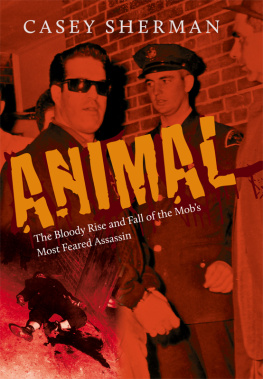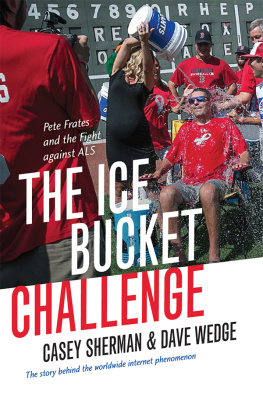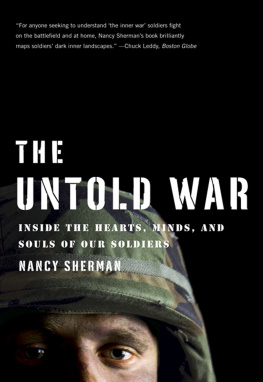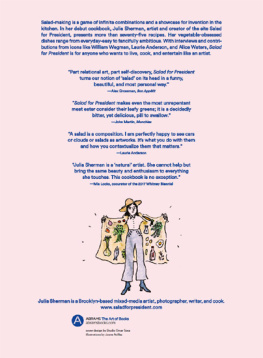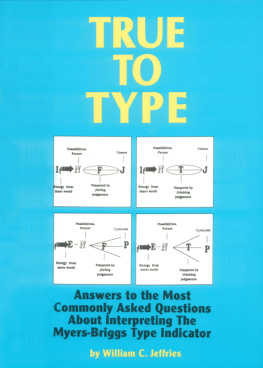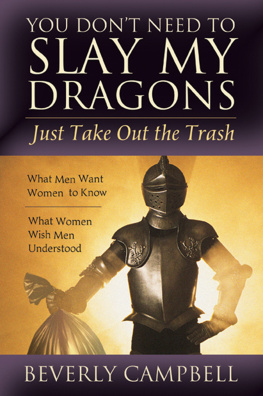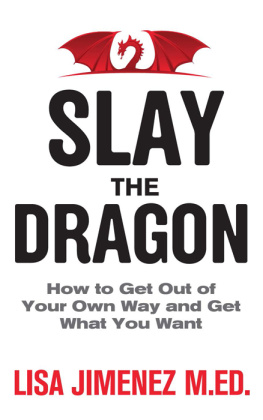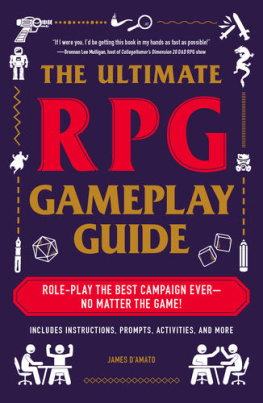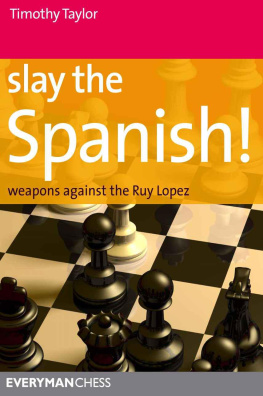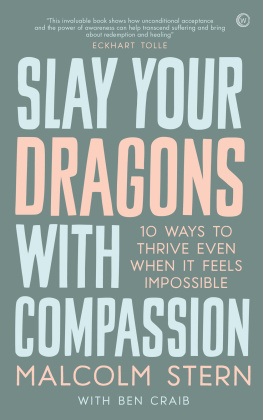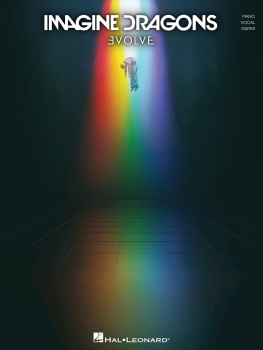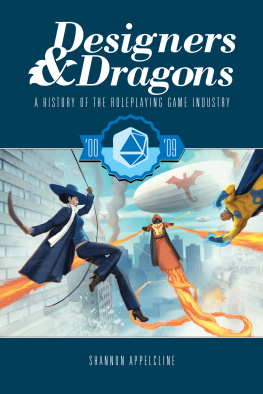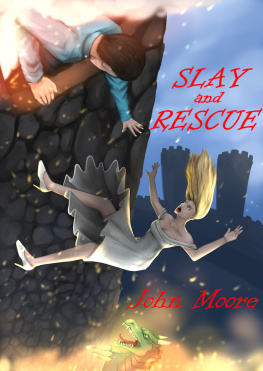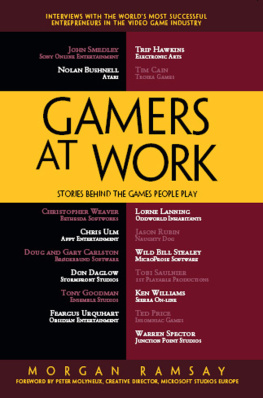Sherman - How to Slay Dragons and Understand People: MBTI & Personal Growth for Gamers
Here you can read online Sherman - How to Slay Dragons and Understand People: MBTI & Personal Growth for Gamers full text of the book (entire story) in english for free. Download pdf and epub, get meaning, cover and reviews about this ebook. year: 2016, genre: Romance novel. Description of the work, (preface) as well as reviews are available. Best literature library LitArk.com created for fans of good reading and offers a wide selection of genres:
Romance novel
Science fiction
Adventure
Detective
Science
History
Home and family
Prose
Art
Politics
Computer
Non-fiction
Religion
Business
Children
Humor
Choose a favorite category and find really read worthwhile books. Enjoy immersion in the world of imagination, feel the emotions of the characters or learn something new for yourself, make an fascinating discovery.

- Book:How to Slay Dragons and Understand People: MBTI & Personal Growth for Gamers
- Author:
- Genre:
- Year:2016
- Rating:3 / 5
- Favourites:Add to favourites
- Your mark:
- 60
- 1
- 2
- 3
- 4
- 5
How to Slay Dragons and Understand People: MBTI & Personal Growth for Gamers: summary, description and annotation
We offer to read an annotation, description, summary or preface (depends on what the author of the book "How to Slay Dragons and Understand People: MBTI & Personal Growth for Gamers" wrote himself). If you haven't found the necessary information about the book — write in the comments, we will try to find it.
How to Slay Dragons and Understand People: MBTI & Personal Growth for Gamers — read online for free the complete book (whole text) full work
Below is the text of the book, divided by pages. System saving the place of the last page read, allows you to conveniently read the book "How to Slay Dragons and Understand People: MBTI & Personal Growth for Gamers" online for free, without having to search again every time where you left off. Put a bookmark, and you can go to the page where you finished reading at any time.
Font size:
Interval:
Bookmark:
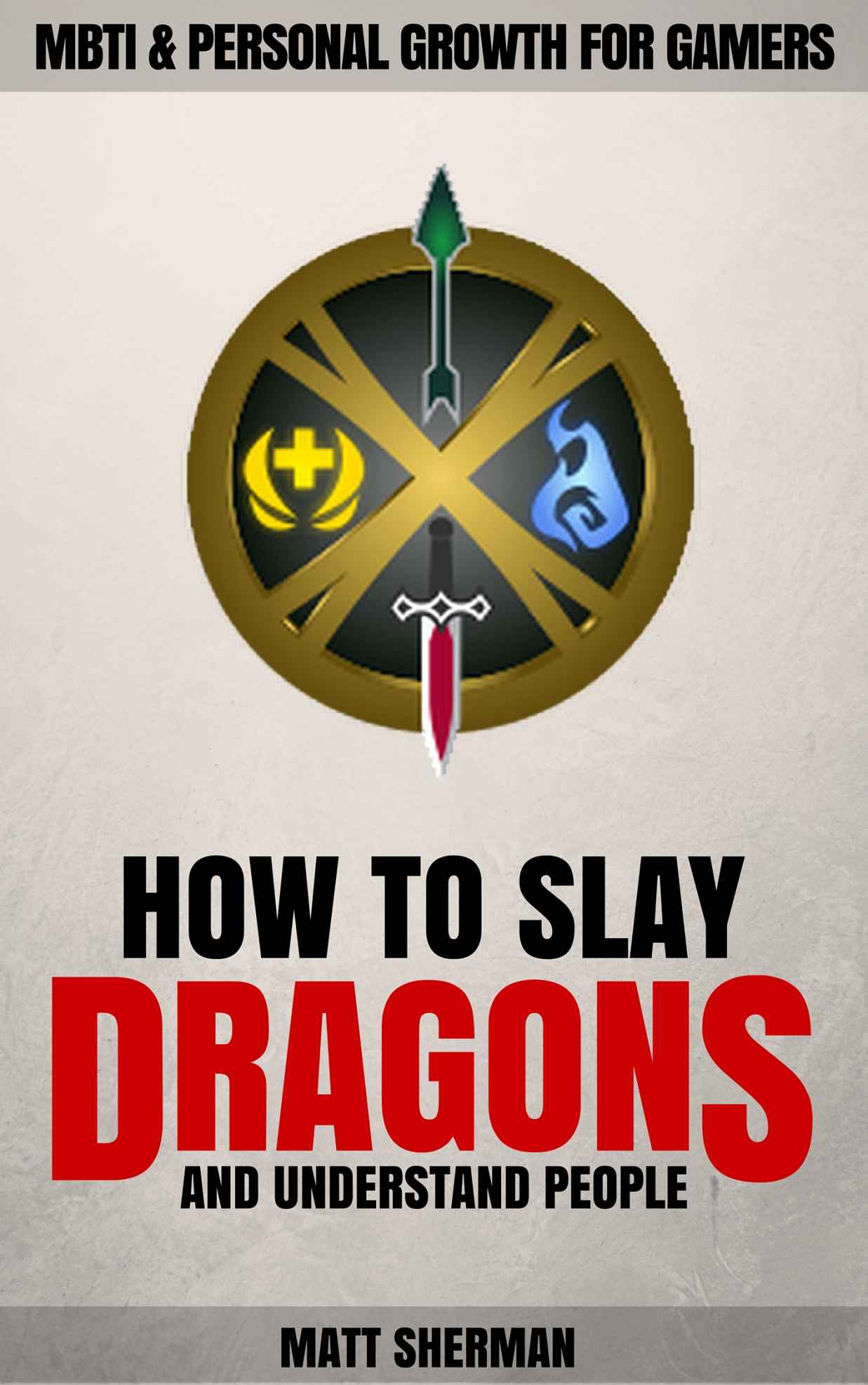
Copyright 2016 Matt Sherman
All rights reserved. No part of this book may be reproduced in any form or by any electronic or mechanical means, including information storage and retrieval systems, without written permission from the author, except in the case of a quote embodied in brief passages.
Trademarked names appear throughout this book. Rather than use a trademark symbol with every occurrence of a trademarked name, names are used in an editorial fashion, with no intention of infringement of the respective owners trademark.
The information in this book is distributed on an as is basis, without warranty. Although every precaution has been taken in the preparation of this work, neither the author nor the seller shall have any liability to any person or entity with respect to any loss or damage caused or alleged to be caused directly or indirectly by the information contained in this book.
The Lore of BOSS mod
This information is not brand-new. It is not something that I magically created out of thin air. It wasn't given to me by aliens. I've combined information from many different psychological studies, video games, and my own personal experiences into a unique system.
This isnt a history book, but I do feel that its origins are important. So, let's go back to the beginning to the land of the philosopher dinosaurs.
Hippocrates' Four Humours (400 BC)
Hippocrates incorporated the ancient concept of humourism into a new medical theory. Many cultures used his findings until the nineteenth century, when modern medicine took over.
He thought that the balance of the four main bodily fluids, known as humours, would create different temperaments. Temperaments are underlying aspects that combine with our experiences to make our personalities. In this system, having an excess of blood would make someone sanguine. Too much black bile made for a melancholic temperament. A lot of yellow bile caused a choleric temperament. Excess phlegm would make someone phlegmatic.
This led to the more detailed temperaments of Artisan (cheerful), Guardian (somber), Idealistic (enthusiastic), and Rational (calm). Hippocrates is thought to be responsible for the popularization of the concepts of temperaments.
Carl Gustav Jung (1875-1961)
C. G. Jung was a Swiss psychiatrist who founded analytical psychology. His work in archetypal psychology is one of the key components of this book. He and Sigmund Freud greatly influenced each other throughout their adult lives. While Jung did agree areas of Freud's research, he felt that the libido was not fully responsible for core character traits. Jung adjusted Freud's theories, focusing more on the collective unconscious. This is the idea that we share the memories and ideas of our ancestors. The collective unconscious, according to Jung, is where the archetypes of character are located. Jung was one of the first psychologists to define people as introverted or extroverted.
In Carl Gustav Jung's book, Psychological Types (1921), he proposed that there are four principal psychological functions that determine how we experience the world: Intuition, Sensation, Feeling, and Thinking. He also theorized that within these functions, we use two consciously, and two unconsciously. On top of that, there is a primary, an auxiliary, a tertiary, and even an inferior function.
The Myers-Briggs Type Indicator (MBTI) (1958 - present)
Jung's theories are the basis for the MBTI and many other psychometric systems. The MBTI is a test developed by Katharine Cook Briggs and Isabel Briggs Myers. It is used to determine psychological preferences in how people gather information and make decisions. The MBTI is a slightly altered version of Jung's typological theories. Now, the MBTI is often used in business to help team-building. In this system, personality types are grouped into four-letter categories with abbreviations. For example, INFP stands for Introversion (I), iNtuition (N), Feeling (F), Perceiving (P). ESTJ is Extraversion (E), Sensing (S), Thinking (T), Judging (J). This allows for 16 combinations of personality type.
The MBTI is used to understand preference types, not personality traits. It is a semi-flexible system and the best judge of the validity of it is the test-taker themselves. We will go into further detail regarding this system in the next chapter.
Keirsey Temperament Sorter (KTS) (1988 - present)
The Keirsey Temperament Sorter is often confused as being part of the MBTI. It is not. However, it does use similar ideas and types that the MBTI does. It is an extrapolation of the temperament studies done by Hippocrates melded with the MBTI system. David Keirsey expanded the temperaments into having two role variants each. This leaves us with 16 types that correlate with the MBTI types. Keirsey focused his research on how people use words and tools in the world as opposed to the underlying workings of cognition. The Artisan from Hippocrates' system is SP, the Guardian is SJ, the Rational is NT, and the Idealist is NF. You will understand what these letters refer to later.
King, Warrior, Magician, Lover (Written in 1990)
Robert L. Moore's book, King, Warrior, Magician, Lover: Rediscovering the Archetypes of the Mature Masculine , also draws from Jung's exploration of archetypal psychology. It is an overview of four key sources of energy that all males hold within them. Accessing and controlling them in a mature way is the key to healthy growth, whereas feeding their shadows is the path to childish behavior and destruction.
World of Warcraft (WoW) (2004 - present)
World of Warcraft is a Massively Multiplayer Online Role-Playing Game (MMORPG) created by Blizzard Entertainment. It is the highest grossing video game of all time at over 10 billion dollars, and pulled in over 1 billion dollars in 2014 alone. WoW has sold over 10 million copies and has more than 100 million accounts created in since its release. * This puts it in second place for games sold. Whats first, you ask? A life simulation game called The Sims . Within the game, there are several main roles including tank, support, healer, damage dealer, and hybrids of those, as well as 11 classes. Those classes are hunter, paladin, druid, warlock, death knight, warrior, monk, shaman, rogue, priest, and mage. Each class possesses different abilities, strengths, weaknesses, and uses different resource systems, weapons, and armor. There are also many cultures and races, professions, games, ceremonies, and areas to explore.
BOSS mod
BOSS mod stands for Bring Out your Stronger Self. It originally focused on learning and teaching social skills through video games. It was a simpler system based on four main classes and variations used specifically in seduction. It was similar to what you are about to read, but nowhere close to as in-depth. The classes were based on general behaviors. I now feel that behaviors are not enough to understand why people do what they do. BOSS mod has expanded from there into self-help with a focus on learning how our brains work on a deeper level. The system is now based on how we learn and make decisions. My main focus in this book is to explore the relationship between four of the classes (warrior, hunter, healer, and mage), two races (Elf and Dwarf), and the temperament studies listed above.
What is BOSS mod?
Now that you know the lore, what is BOSS mod? Well, BOSS mod is my way of explaining some very deep psychology in a relatable way. It dives deep into Jungian theories, but then relates it to video games. My goal is to connect games and psychology in a way that allows everyone to have some fun while learning about themselves and others. The more we understand ourselves, the better we can relate to each other and the more control we have over our lives.
Next pageFont size:
Interval:
Bookmark:
Similar books «How to Slay Dragons and Understand People: MBTI & Personal Growth for Gamers»
Look at similar books to How to Slay Dragons and Understand People: MBTI & Personal Growth for Gamers. We have selected literature similar in name and meaning in the hope of providing readers with more options to find new, interesting, not yet read works.
Discussion, reviews of the book How to Slay Dragons and Understand People: MBTI & Personal Growth for Gamers and just readers' own opinions. Leave your comments, write what you think about the work, its meaning or the main characters. Specify what exactly you liked and what you didn't like, and why you think so.

